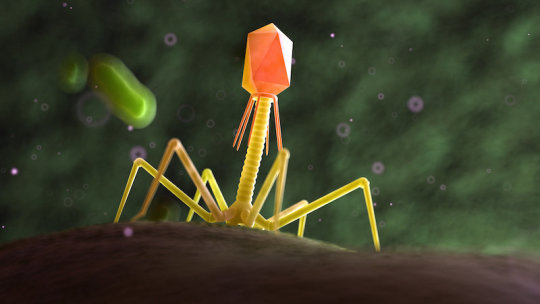HOME
Scientists identify more than 140,000 virus species in the human gut

The paper, published (18 February 2021) in Cell, contains an analysis of over 28,000 gut microbiome samples collected in different parts of the world. The number and diversity of the viruses the researchers found was surprisingly high, and the data opens up new research avenues for understanding how viruses living in the gut affect human health.
The human gut is an incredibly biodiverse environment. In addition to bacteria, hundreds of thousands of viruses called bacteriophages, which can infect bacteria, also live there.
It is known that imbalances in our gut microbiome can contribute to diseases and complex conditions such as Inflammatory Bowel Disease, allergies and obesity. But relatively little is known about the role our gut bacteria, and the bacteriophages that infect them, play in human health and disease.
Using a DNA-sequencing method called metagenomics, researchers at the Wellcome Sanger Institute and EMBL's European Bioinformatics Institute (EMBL-EBI) explored and catalogued the biodiversity of the viral species found in 28,060 public human gut metagenomes and 2,898 bacterial isolate genomes cultured from the human gut.
News Source